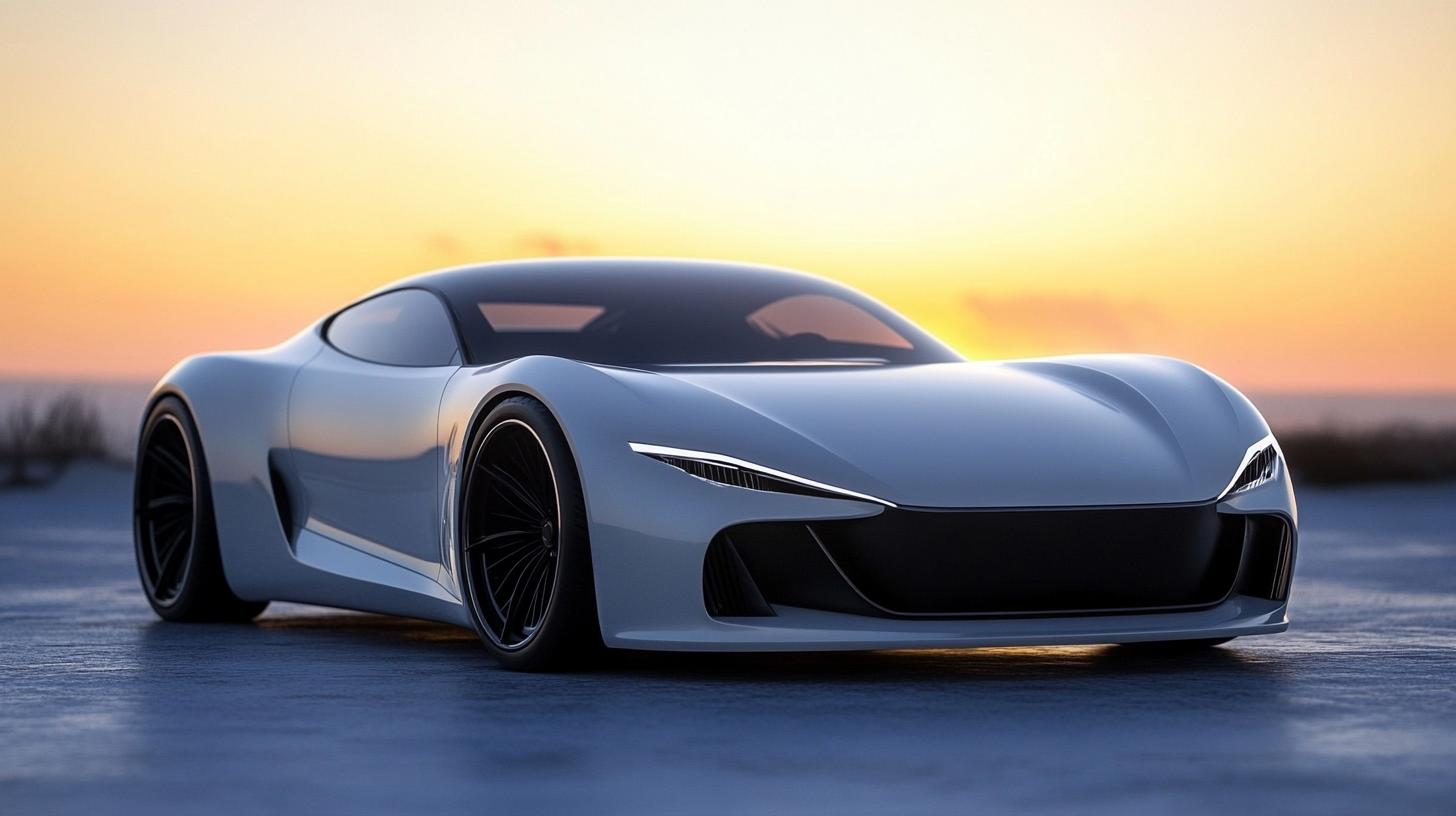In a world increasingly focused on sustainability, advancements in transportation have largely favored land-based electric vehicles. However, a groundbreaking innovation is taking this concept to our waterways—introducing the Otter, a Swiss startup’s unique motorized aquatic bike that blends cycling with aquatic exploration.
This revolutionary product is positioned as an electrically assisted bicycle designed specifically for water bodies. Its lightweight aluminum frame is enhanced with inflatable pontoons, providing stability and buoyancy while allowing users to enjoy low-impact exercise in a tranquil setting. With its compact design, the Otter promises effortless portability, enabling easy transitions from land to water in mere minutes.
What sets the Otter apart from traditional watercraft is its superior range. Users can achieve up to 20 kilometers of exploration with a powerful lithium-ion battery and a hybrid system that blends rider-generated electricity with battery support. This design not only extends recreational possibilities but also emphasizes eco-friendliness.
The water-bike accommodates up to four individuals comfortably, featuring dual pedals for tandem riders, and boasts a host of practical features, such as maintenance-free steering and waterproof components. The Otter stands out for those seeking adventure while prioritizing environmental consciousness, making it an enticing option for families and explorers alike. This innovative aquatic vehicle is now available for pre-order, allowing early adopters to pave the way in a green aquatic revolution.
The Emerging Aquatic Mobility Industry
The introduction of innovative products like the Otter marks a significant shift in transportation, particularly in the niche market of aquatic mobility. While land-based electric vehicles have dominated the sustainable transportation dialogue, water-based technologies are beginning to gain traction. The global market for electric watercraft is projected to expand markedly, with forecasts estimating a growth rate of over 10% annually through the next decade. Factors driving this growth include increasing environmental awareness, rising fuel costs, and the demand for sustainable leisure activities.
Market Forecasts and Growth Opportunities
As consumers seek alternatives to traditional boating and recreational watercraft, companies are poised to benefit from the untapped potential of the aquatic electric vehicle market. This segment includes electric boats, personal watercraft, and amphibious vehicles like the Otter. Not only does the Otter cater to eco-conscious consumers, but it also aligns with the broader trend of experiential outdoor activities that emphasize fitness and exploration. The market for water-based recreational vehicles is expected to reach several billion dollars globally by the end of the decade as more brands enter the space and innovate alongside regulatory supports for electric mobility.
Challenges Facing the Industry
Despite the promising outlook, the industry faces several challenges. Among them are high manufacturing costs, the need for robust charging infrastructure, and regulatory hurdles specific to watercraft. These factors can deter investment and slow market penetration. Additionally, as the technology for batteries and electric systems progresses, expectation management is vital for consumers in terms of performance, safety, and maintenance.
Another pressing issue is the environmental impact on water bodies, which necessitates responsible manufacturing practices and a sustainable lifecycle for products. The creation of eco-friendly materials and efficient recycling processes will be critical in addressing these concerns as the industry expands.
Conclusion
As we look to the future, the development of innovative water-based transportation solutions like the Otter is indicative of a burgeoning industry that promises to reshape recreational activities on waterways. Companies that can navigate the challenges and leverage the market growth opportunities will be at the forefront of revolutionizing how we engage with our aquatic environments.
If you’re interested in exploring more about sustainable watercraft innovation, visit SAIL Magazine for insights and updates in this evolving sector.






















